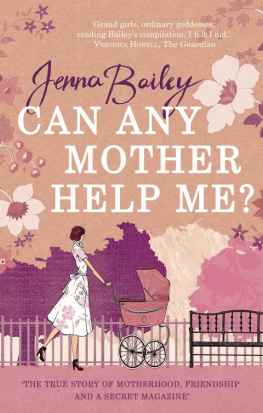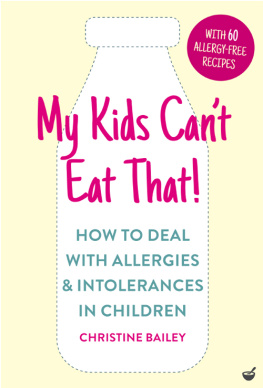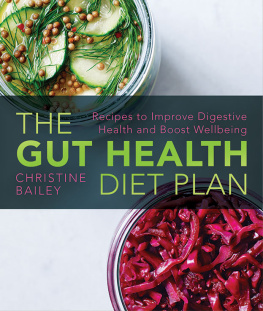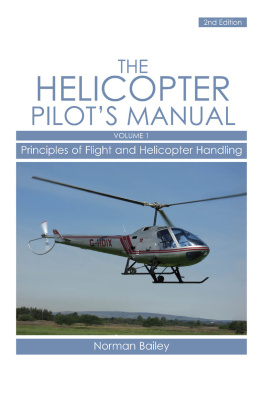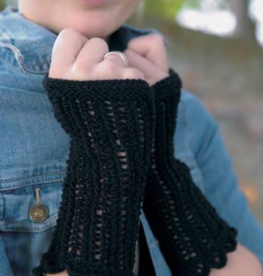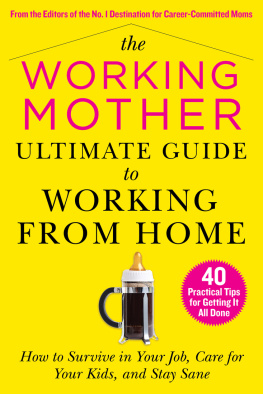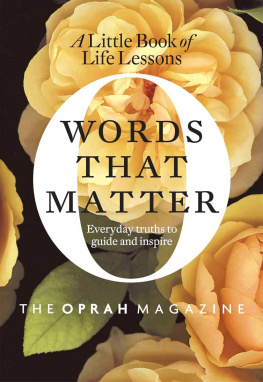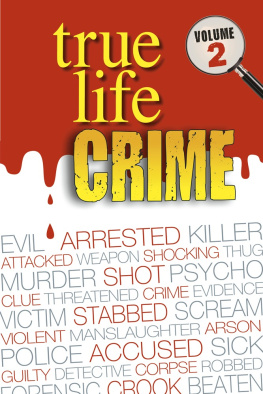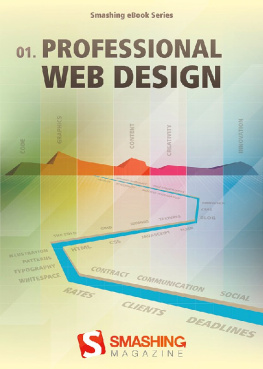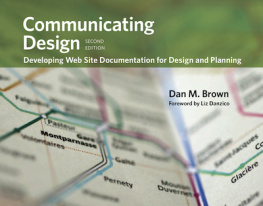Bailey - Can Any Mother Help Me?
Here you can read online Bailey - Can Any Mother Help Me? full text of the book (entire story) in english for free. Download pdf and epub, get meaning, cover and reviews about this ebook. City: London, year: 2011, publisher: Faber & Faber, genre: Non-fiction. Description of the work, (preface) as well as reviews are available. Best literature library LitArk.com created for fans of good reading and offers a wide selection of genres:
Romance novel
Science fiction
Adventure
Detective
Science
History
Home and family
Prose
Art
Politics
Computer
Non-fiction
Religion
Business
Children
Humor
Choose a favorite category and find really read worthwhile books. Enjoy immersion in the world of imagination, feel the emotions of the characters or learn something new for yourself, make an fascinating discovery.
- Book:Can Any Mother Help Me?
- Author:
- Publisher:Faber & Faber
- Genre:
- Year:2011
- City:London
- Rating:3 / 5
- Favourites:Add to favourites
- Your mark:
- 60
- 1
- 2
- 3
- 4
- 5
Can Any Mother Help Me?: summary, description and annotation
We offer to read an annotation, description, summary or preface (depends on what the author of the book "Can Any Mother Help Me?" wrote himself). If you haven't found the necessary information about the book — write in the comments, we will try to find it.
Bailey: author's other books
Who wrote Can Any Mother Help Me?? Find out the surname, the name of the author of the book and a list of all author's works by series.
Can Any Mother Help Me? — read online for free the complete book (whole text) full work
Below is the text of the book, divided by pages. System saving the place of the last page read, allows you to conveniently read the book "Can Any Mother Help Me?" online for free, without having to search again every time where you left off. Put a bookmark, and you can go to the page where you finished reading at any time.
Font size:
Interval:
Bookmark:
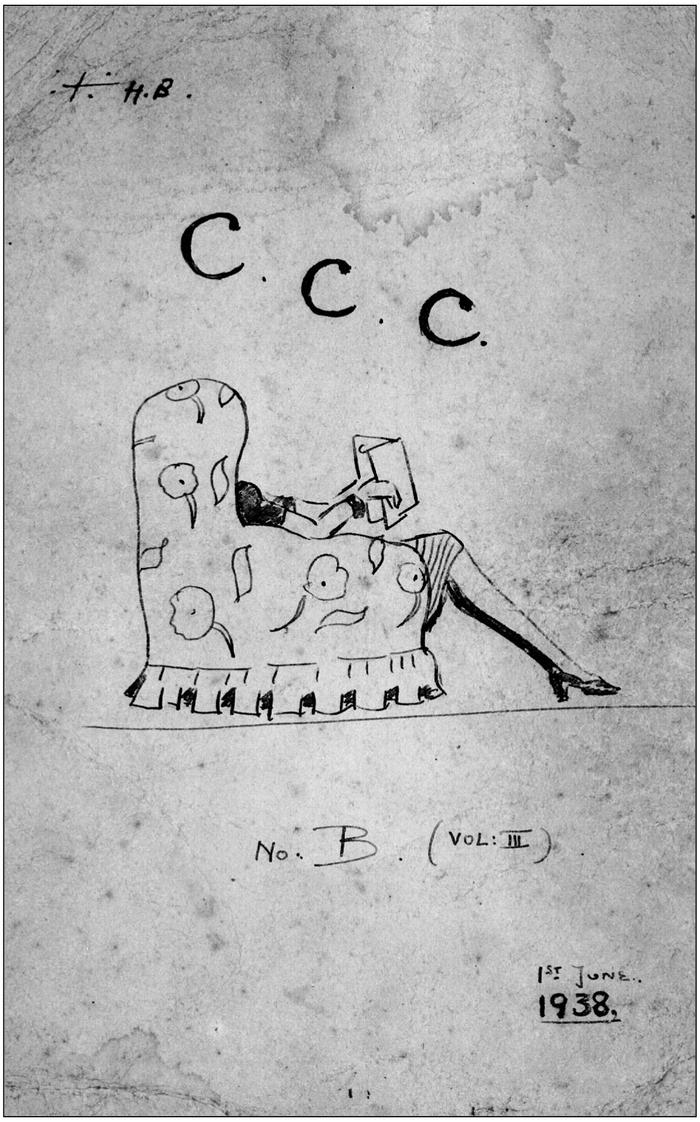
CCC, 1938
To my beautiful sister Emma, who is always with me May 30, 1983May 21, 2007
In Text
Plates
In 2003, I was researching at the Mass Observation Archive at the University of Sussex, looking for a subject for my Masters thesis. The Archive, started in 1970, specialises in material about everyday life in Britain. I was told about a collection of old magazines dating back to the first half of the twentieth century, written by women belonging to some sort of club. It felt like a good lead.
The collection was in pieces, but as I started to read it soon became clear that a group of women, calling themselves the Cooperative Correspondence Club or CCC had created a private magazine in an attempt to alleviate the boredom and limitations of their lives as wives and mothers. They wrote articles about the things that mattered most to them children, work, love, politics and commented on each others work. The magazine lasted for an incredible fifty-five years, brought to an end only by the age and ill health of the contributors.
The material had been donated to the archive in 1998 by one of the members of the CCC but had not been made public as there were issues with copyright. Only eleven of the contributors families had given consent . For my thesis I was able to use the writing from those eleven women, which for my purposes was plenty. I began reading, and before too long I found myself growing more and more fascinated by this extraordinary group of women, whose hearts and lives were laid out in their colourfully written accounts. Their stories, however, were incomplete because only a small percentage of the material had survived the rest lost or destroyed over the decades.
And so the idea of writing a book about these women and their magazine started to form, and with the help of the Director of the Archive I began the difficult job of tracking down families to gain consent and fill in the gaps. I discovered that one of the CCC members, with the nom de plume Elektra, was alive and well, aged ninety-seven and living in London. Through her I heard at first hand about the magazine and all of the women whom I had met only on paper. After meeting Elektra, I next found Accidia in Dorset, Angharad in Wales and then Auricula in Suffolk. These women generously took me into their homes and spoke openly about their lives. With every new encounter, I was able to colour in more of their stories and piece together the events covered by the articles in the CCC.
Almost all of the other members of the club were no longer alive, so I endeavoured to interview their children . Over a decade had passed since the last edition of the magazine, so some of them were difficult to locate. Eventually I was able to trace a member from nearly every family, most of whom were happy to share their memories of both their mother and the club. I trekked around England to meet and stay with these children, mostly now in their seventies. My visits were both encouraging and fruitful, as the energy and enthusiasm shared by CCC women was evident in their offspring. As an unexpected bonus, some of them had CCC articles that they had kept in their own homes. Through these interviews, I was able to fill in most of the blanks and gather enough material for the book really to take shape. I hope that what follows in some way fulfils the dream of Ad Astra, the magazines lifelong editor, who wrote:
I have thought for the last few years that CCC ought not to perish as one by one we drop from the tree of life like ripe fruit in autumn. In a day dream I see a book explaining our origin, describing each member with indications of her life and interests, and recording CCCs life history.
Ad Astra, 1978
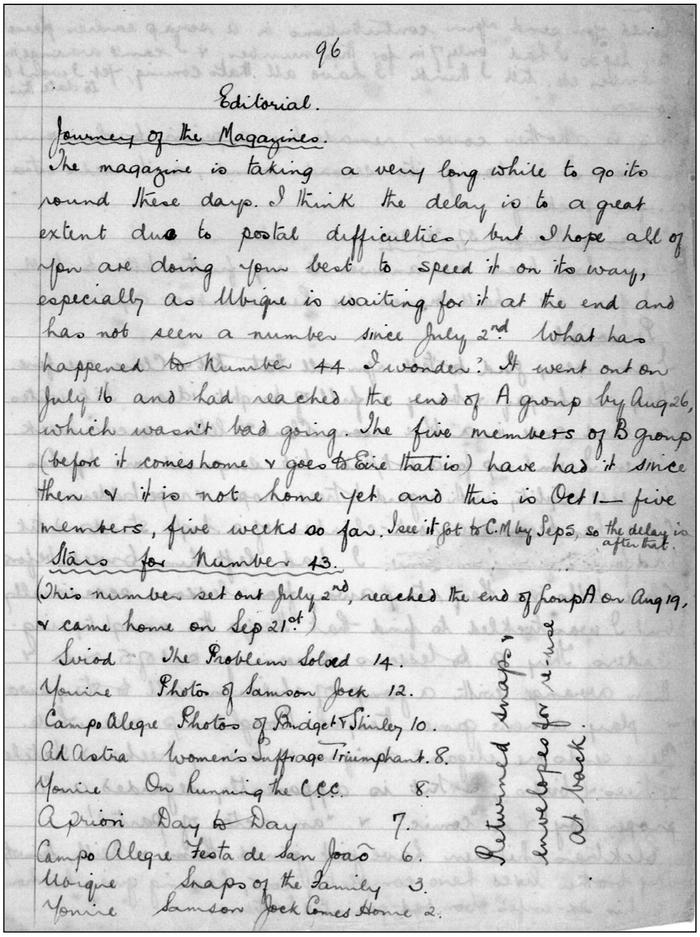
Editorial written by Ad Astra, c.1940.
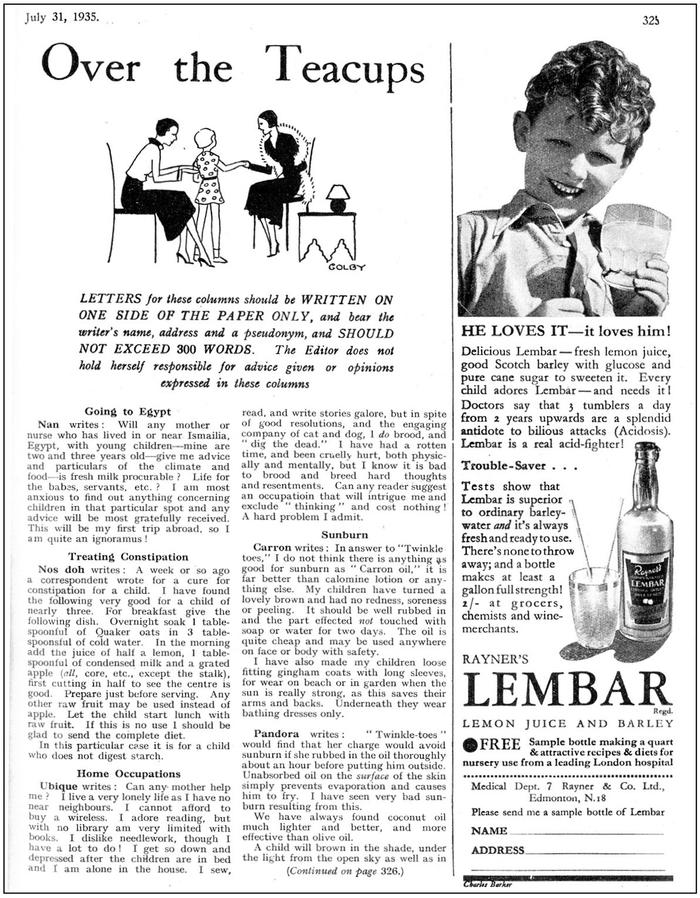
Ubiques letter in Over the Teacups in July, 1935.
Ballingate, Ireland, 1935:
Can any mother help me? I live a very lonely life as I have no near neighbours. I cannot afford to buy a wireless. I adore reading, but with no library am very limited with books. I dislike needlework, though I have a lot to do! I get so down and depressed after the children are in bed and I am alone in the house. I sew, read and write stories galore, but in spite of good resolutions, and the engaging company of cat and dog, I do brood, and dig the dead. I have had a rotten time, and been cruelly hurt, both physically and mentally, but I know it is bad to brood and breed hard thoughts and resentments. Can any reader suggest an occupation that will intrigue me and exclude thinking and cost nothing! A hard problem, I admit.
This cry for help, written by a lonely mother using the nom de plume Ubique (Latin for everywhere), appeared in the July 1935 issue of the widely read British motherhood magazine The Nursery World. The letter, published in the Over the Teacups column of the magazine, elicited a chain of responses from sympathetic mothers from many different walks of life living all over the United Kingdom. Fellow readers of The Nursery World, also writing under pseudonyms, were happy to offer Ubique suggestions to help her through her troubles. The majority of the responses echoed that of Sympathiser:
I am indeed sorry for Ubique in her trouble I wonder if Ubique would care to correspond with readers. I should be very pleased to exchange letters with her, and this would give her fresh thoughts and would, I should think, cheer her up. Perhaps she will tell me if she cares for this idea.
Mother of Three, who wrote that letters are a wonderful help when one is lonely, even suggested that more fortunate new friends can enclose a stamped envelope, so that stamps need not be a strain.
Ubique received letters from several women throughout the next couple of months and, in September of that year, she responded to The Nursery World: I feel I must thank all the kind people who have both written to me personally and via THE NURSERY WORLD. Id love to write to them all personally, and correspond with lots of them, but even the stamps are 2d. Instead, Ubique suggested that they form a correspondence magazine. This meant that each woman, writing under a nom de plume, would contribute an article on any subject and mail it to Ubique, who would assemble all of the articles and hand stitch them together in a decorative cover. She would mail the completed magazine to the first woman on a pre-arranged list, who had a set amount of time to read it and respond to the articles by commenting directly on the pages. That member would forward it on to the next woman, and so on, until the magazine had been fully circulated. There was only one copy of each magazine, and they would produce it fortnightly . The women decided to call themselves the Cooperative Correspondence Club (CCC) and proposed that the magazine be written exclusively for, and read exclusively by, the members of the club.
Like Ubique, most of the prospective members of the CCC were lonely and bored, and they welcomed the opportunity for connection and change that a correspondence magazine offered. One of the first women to answer Ubiques letter in 1935 was Janna, aged twenty-six . She regretted her decision to marry young, stating that there was so much else I wanted out of life, and in those days marriage often = housewifery, which I loathed. I didnt even, then, want children, and really had poor little [Julian] more because of boredom than anything else. As Janna wrote, for women in the 1930s marriage typically meant being relegated to the home. During the inter-war years there was a great deal of emphasis on the family unit and on the traditional roles for men and women. The members of the CCC therefore belonged to a generation of women whose choices were limited as they were expected mainly to become housewives and mothers.
Font size:
Interval:
Bookmark:
Similar books «Can Any Mother Help Me?»
Look at similar books to Can Any Mother Help Me?. We have selected literature similar in name and meaning in the hope of providing readers with more options to find new, interesting, not yet read works.
Discussion, reviews of the book Can Any Mother Help Me? and just readers' own opinions. Leave your comments, write what you think about the work, its meaning or the main characters. Specify what exactly you liked and what you didn't like, and why you think so.

